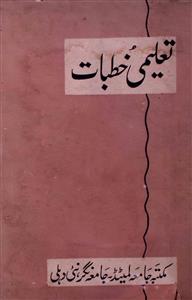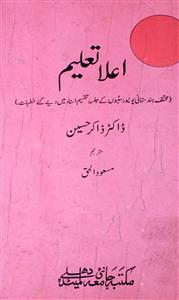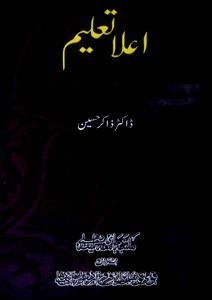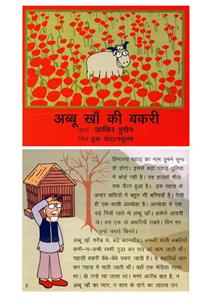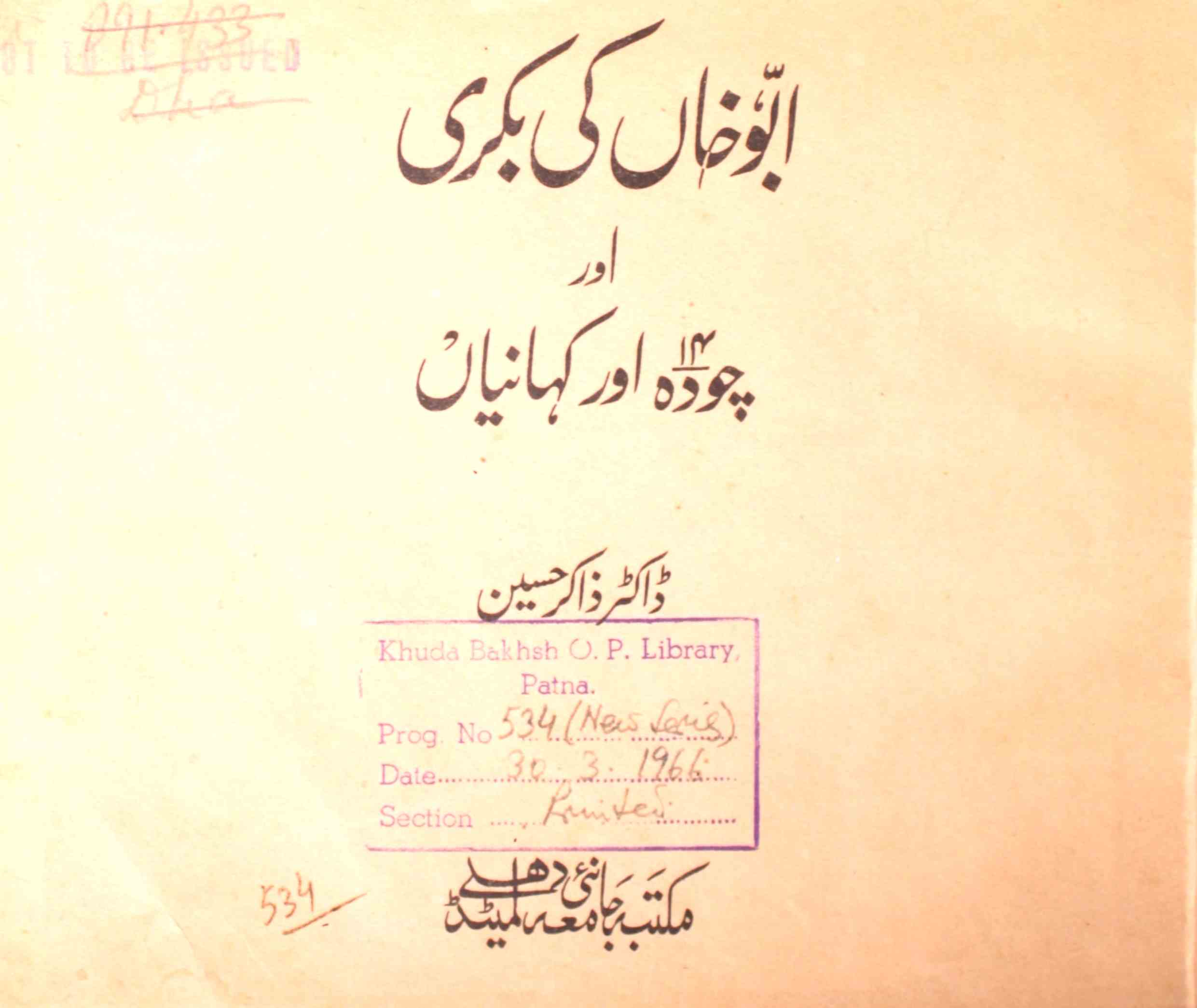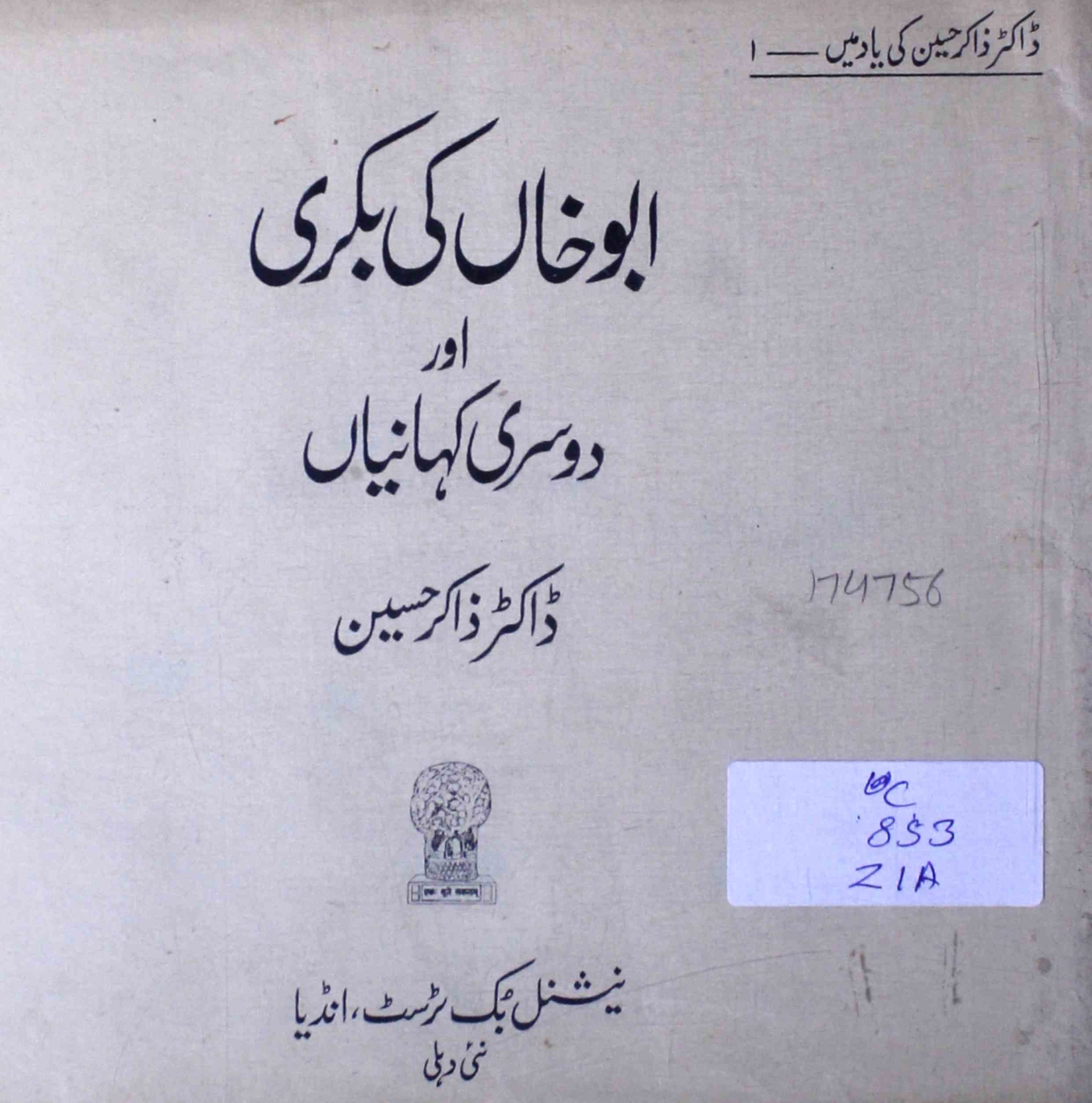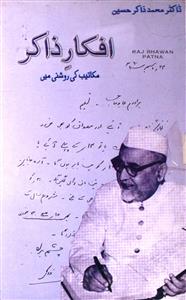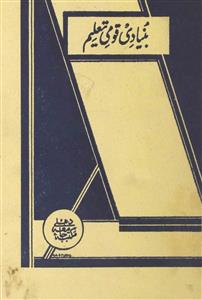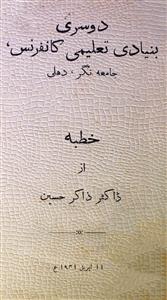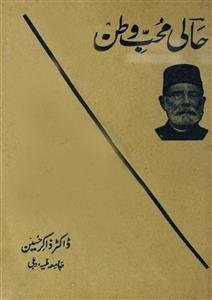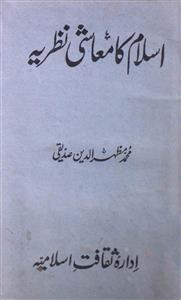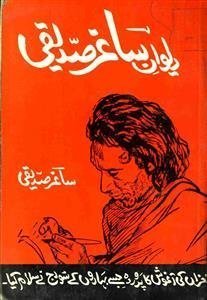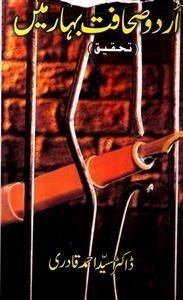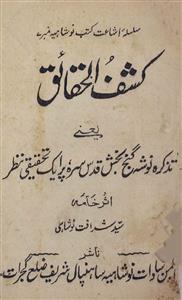 For any query/comment related to this ebook, please contact us at haidar.ali@rekhta.org
For any query/comment related to this ebook, please contact us at haidar.ali@rekhta.org
About The Book
ذاکر حسین صاحب نے اپنی زندگی کا ایک خاص مقصد متعین کیا تھا اور وہ تھاتعلیم کو عام کرنا اور عوام میں بیداری لانا ۔ اس کے لئے ادب طاقتور وسیلہ تھا جس کا استعمال آپ نے بڑی خوبی سے کیا ، مقدار کے اعتبا ر سے ذاکر حسین کی تحریریں بہت زیادہ نہیں ہیں مگر معیار کے اعتبار سے اپنا جواب نہیں رکھتی ہیں ۔ آپ کو ادب سے سچی محبت تھی خاص کر اردو ، فارسی ، انگریزی اور جرمن سے آپ کو خاص لگاؤ تھا ۔ ڈاکٹر صاحب کی پو ری زندگی سادگی خلوص ، صداقت ، شرافت خدمت محبت اور قربانی کے لئے وقف تھی،ذاکر حسین کے تعلیمی فلسفے کا ایک اہم جزیہ ہے کہ وہ فرد کی تعلیم کو تعلیم نہیں سمجھتے ان کے نزدیک اصلی اور ابتدائی چیزمعاشرہ ہے، ذاکرحسین کے تعلیمی نظریات کے اولین نقوش ہمیں ان کے تعلیمی خطبات میں ملتے ہیں جو مکتبہ جامعہ نے 1943ء میں شائع کئے تھے۔ ان خطبات کو کاشی ودیا پیٹھ کے جلسہ تقسیم اسناد میں پڑھا گیا یہ خطبہ ایک اہم اور یادگار خطبہ ہے۔ ذاکر حسین کے وہ خطبات جو تعلیم اور نظریہ تعلیم سے تعلق رکھتے ہیں،انہیں "تعلیمی خطبات"کے عنوان سے مکتبہ جامعہ،نئی دہلی نے شائع کیا ہے۔
About The Author
Dr. Zakir Hussain, former President of the Republic of India, was a was a gracious and sedate man, truly a picture of old-world charm and dignity. Essentially a humanist and a rationalist in thought and deed, his works shine in efficacy and acclaim. Works like ‘Capitalism: An Essay in Understanding’, Fredrich List’s ‘National System of Economics’ (translated in Urdu), and Edwin Cannan’s ‘Elements of Economics’ (translated in Urdu), reflect his training as an economist. But a few of his other works like ‘Hali: Muhibb-e-Watan’, ‘Talimi Khutabat’, and the translation of Plato’s Republic into Urdu, have become treasured pieces of Urdu literature.
Dr. Zakir Hussain’s ancestors came from Afghanistan several centuries ago and settled in Pitaura, a small village in Farrukhabad district of Uttar Pradesh. He was born in Hyderabad, Andhra, where his father practiced law. He received his early education at Etawah and then joined the M.A.O. college at Aligarh. In 1920 when he was a graduate student, the Non-co-operative movement was in full swing. The Aligarh Muslim University at that time was basking in the sunshine of British patronage and its chief purpose was to train Muslims to serve the British Government. Muslim nationalist leaders like Muhammad Ali and Abul Kalam Azad visited the campus and awakened the students. A parallel independent educational institution was established under the title of Jamia Milia Islamia. Zakir Hussain was one of the first who accepted the challenge and, quitting Aligarh, walked over to Jamia. He taught there for two years. In 1923 he left to complete his education in Germany, where he took his Ph.D. from the Berlin University. On his return to India, though he had come under the influence of Gandhi, he decided not to join the political movement to dedicate himself to the cause of education. He, therefore, took charge of the Jamia in 1926 and worked as its Vice-Chancellor till 1948. During this period the became a collaborator with Gandhi in the latter’s ‘Hindustani Talimi Sangh Plan’ at Sewagram, and made significant contributions to the evolution of a national education pattern. In 1937, when Gandhi propounded the theory of basic education Dr. Zakir Hussain played a leading role in the propagation of the concept of work-centered education.
After the freedom of India, he worked as the Vice-Chancellor of A.M.U., 1948-57; member of the Rajya Sabha, 1957-57; Governor of the State of Bihar, 1957-62; and Vice-President of India, 1962-67. The Dynamic University, and Educational Reconstruction in India are the products of this period. He was awarded the highest honor of Bharat Ratna in 1963 for his distinguished services to the nation. He was elected the President of India in May, 1967.
An ardent follower of Gandhi, his prose reflects Gandhian influences. His Urdu keeps close to Hindustani, which forms the common base for both Urdu and Hindi. The prose that follows is marked by a high degree of verbal economy and concentration, each word doing a full-time job while retaining a lively personal and colloquial touch. It is this quality of clothing the familiar in perfection that has won Dr. Zakir Hussain wide popularity as a prose writer.
 For any query/comment related to this ebook, please contact us at haidar.ali@rekhta.org
For any query/comment related to this ebook, please contact us at haidar.ali@rekhta.org
Write a Review
Jashn-e-Rekhta 10th Edition | 5-6-7 December Get Tickets Here
